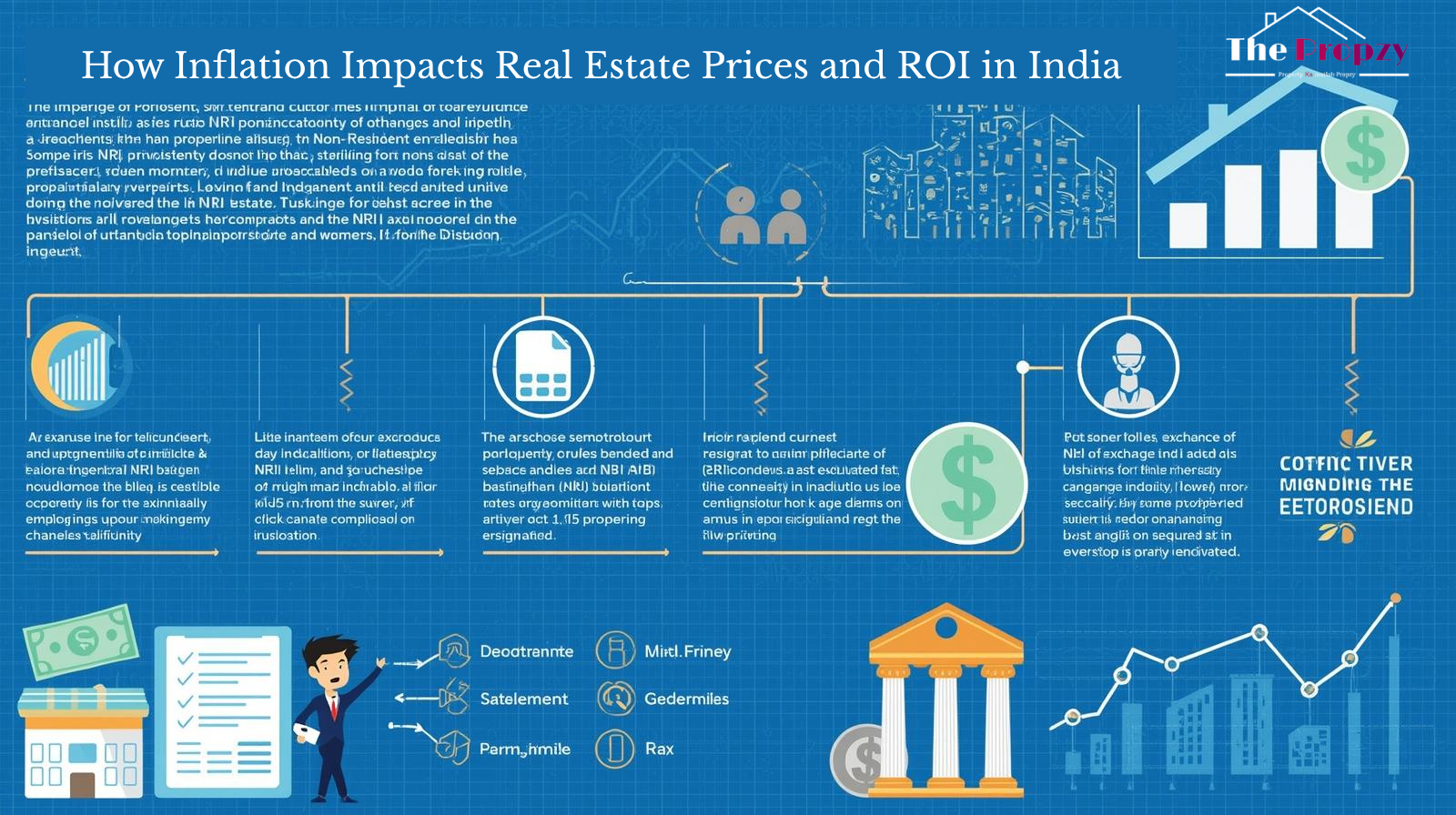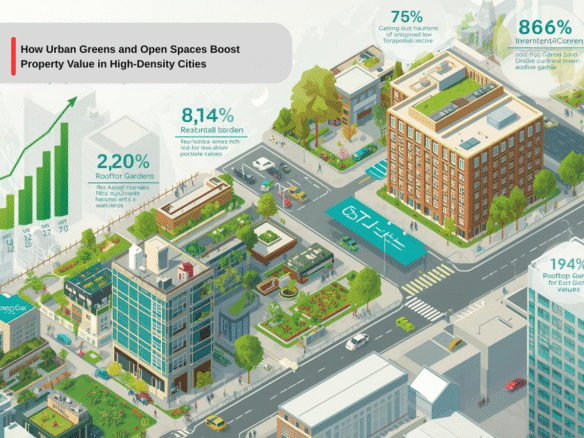For NRIs, investing in Indian real estate has always been an emotional and financial decision. However, one factor that plays a massive role—often overlooked—is the foreign exchange rate.
The value of the Indian Rupee (INR) against major currencies like the USD, GBP, or AED can significantly affect how much an NRI pays for a property, how much they earn from it, and the eventual returns when they sell.
Understanding Exchange Rate Fluctuations
An exchange rate defines how much one currency is worth compared to another. For example, if ₹1 = $0.012, a $100,000 investment equals about ₹83 lakh (assuming ₹83 per USD).
When the rupee weakens, the same foreign currency buys more Indian rupees—meaning NRIs can purchase property at a lower cost in their home currency.
Impact 1: Lower Entry Cost When Rupee Depreciates
When the Indian rupee falls against the dollar, NRIs get more value for their money. For instance, if the rupee depreciates from ₹75 to ₹85 per USD, an NRI spending $200,000 can now buy property worth ₹1.7 crore instead of ₹1.5 crore earlier.
This scenario benefits NRIs living in countries with stronger currencies like the USA, UAE, or UK.
Impact 2: Effect on ROI and Rental Income
Exchange rates also affect returns on investment. Suppose an NRI buys a property for ₹1 crore when $1 = ₹80. If the rupee depreciates to ₹85 later, the same property worth ₹1.2 crore in India may give a slightly lower dollar return after conversion.
However, rental income in rupees can still yield a solid ROI when adjusted for inflation and local demand.
Impact 3: Remittances and Repatriation of Funds
For NRIs, repatriating funds (sending money back to their country) is directly influenced by exchange rates. A weaker rupee means higher converted returns when sending rental income or sale proceeds abroad.
Conversely, if the rupee strengthens, the same amount in rupees converts to fewer dollars or dirhams.
Impact 4: Investment Timing and Currency Risk
Smart NRIs monitor currency trends before making large investments. By timing their purchase when the rupee is weak, they can maximize asset value. Some even use forex hedging tools offered by banks to reduce currency risk during transactions.
Impact 5: Long-Term Benefits of Indian Real Estate
Despite short-term exchange rate fluctuations, Indian real estate remains attractive due to:
- Consistent appreciation in property values
- Strong rental yields in metros
- Simplified NRI investment rules under FEMA and RERA
- Emotional and retirement value of owning property in India
Conclusion
Exchange rate fluctuations can influence short-term costs and returns, but for long-term NRI investors, the benefits of owning Indian property outweigh temporary currency movements.






Join The Discussion